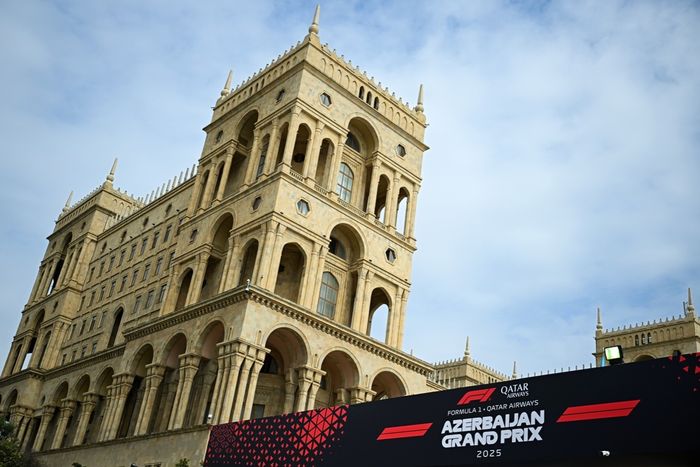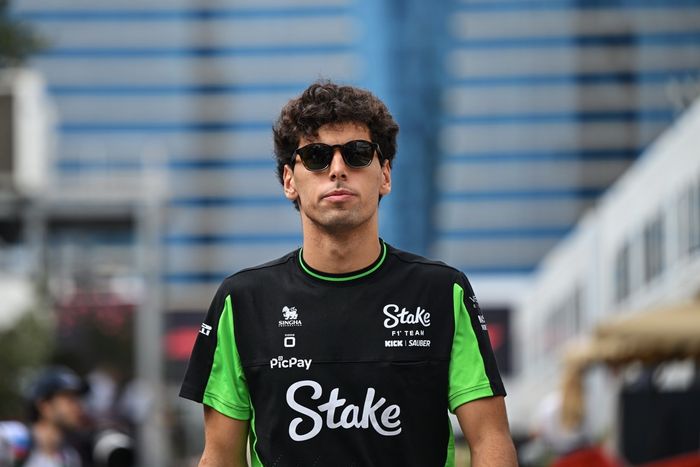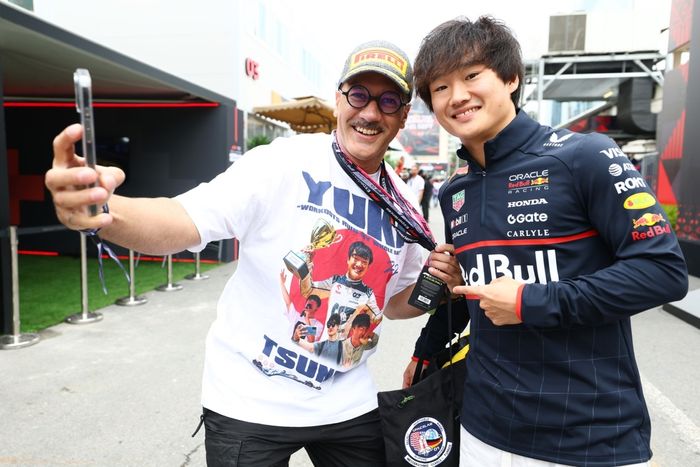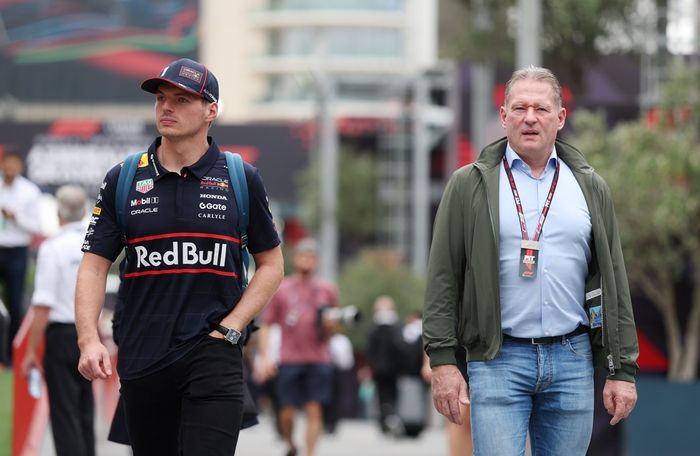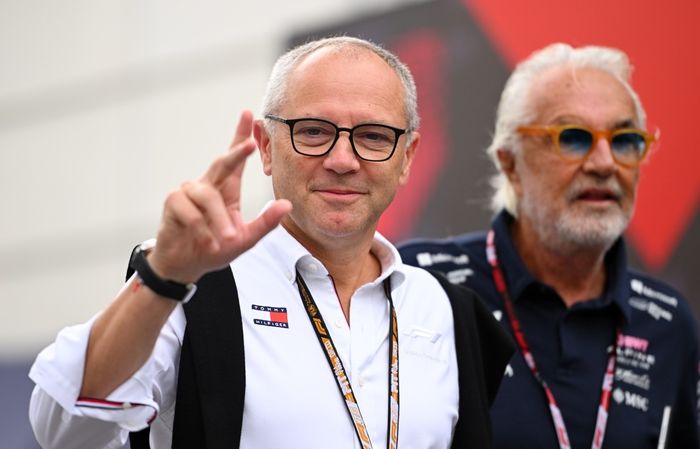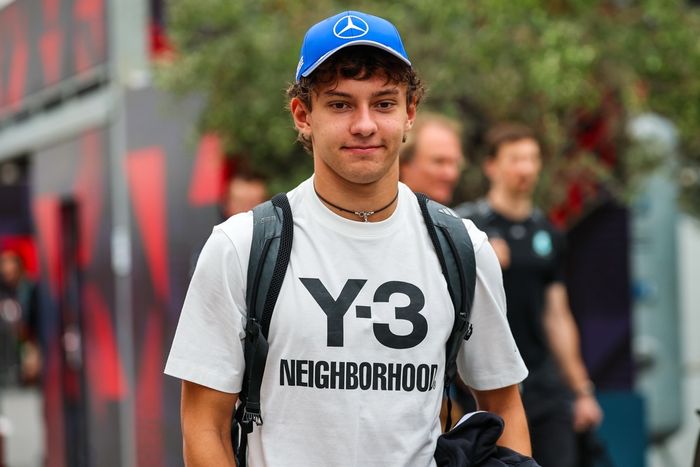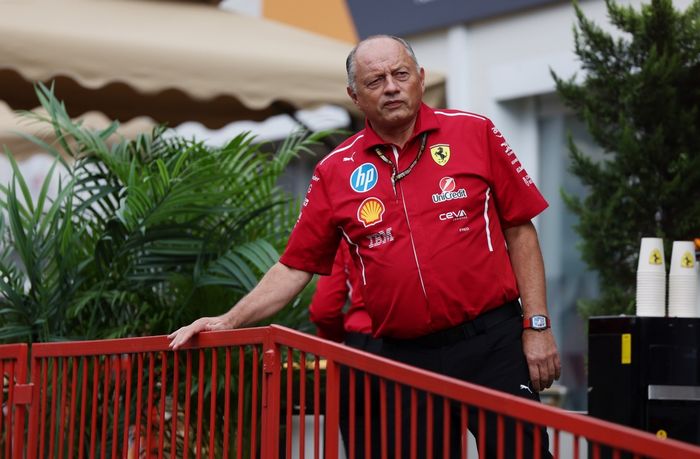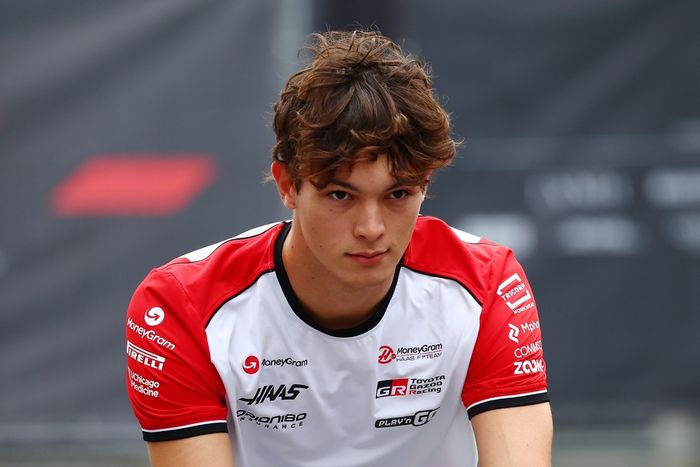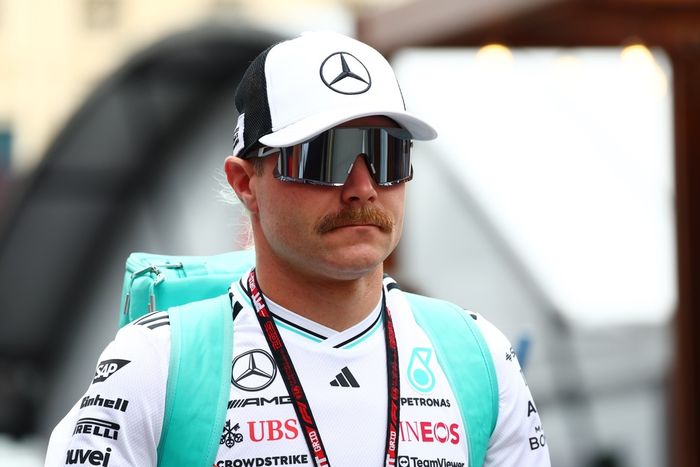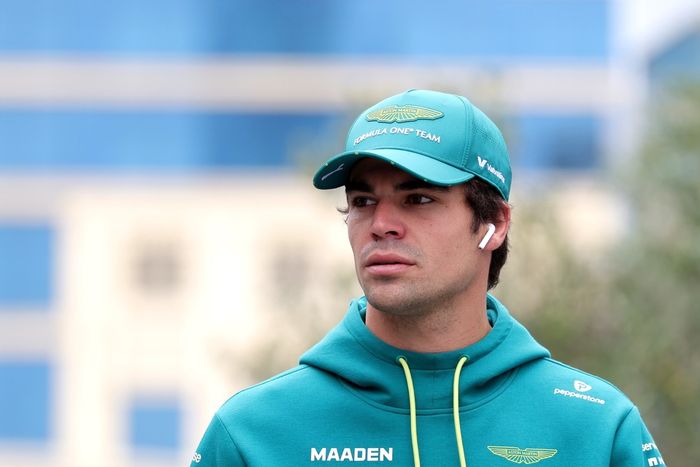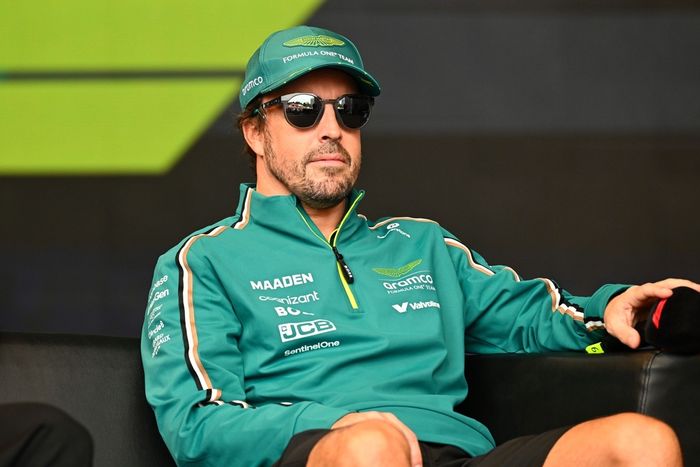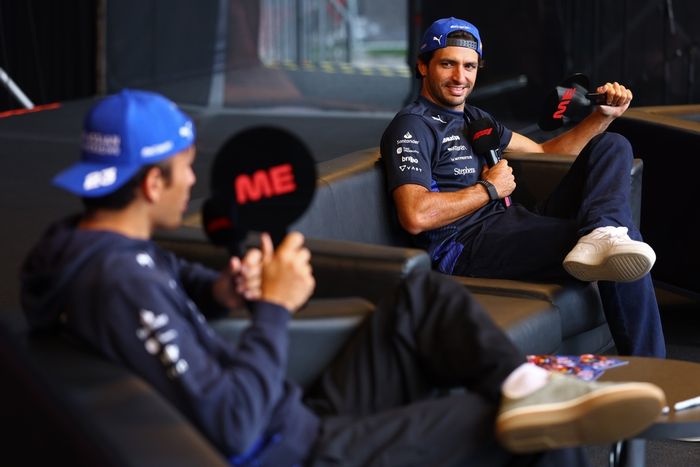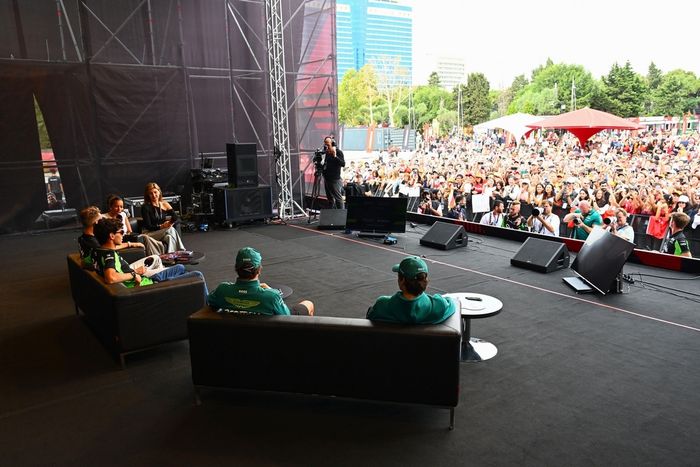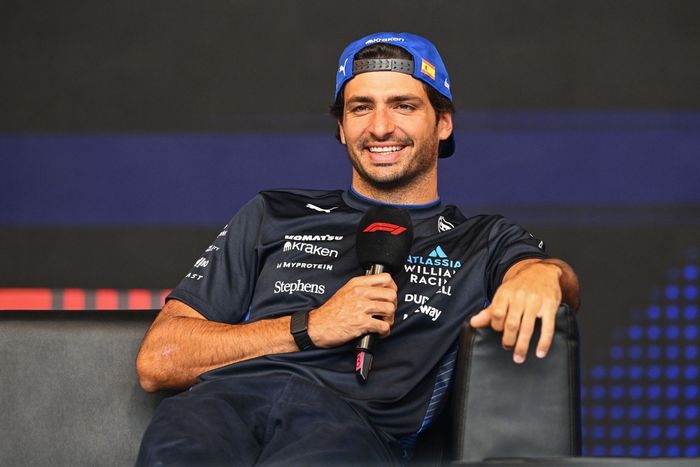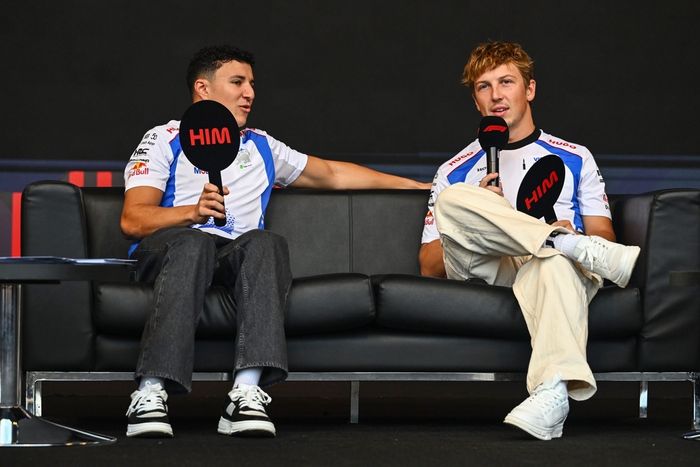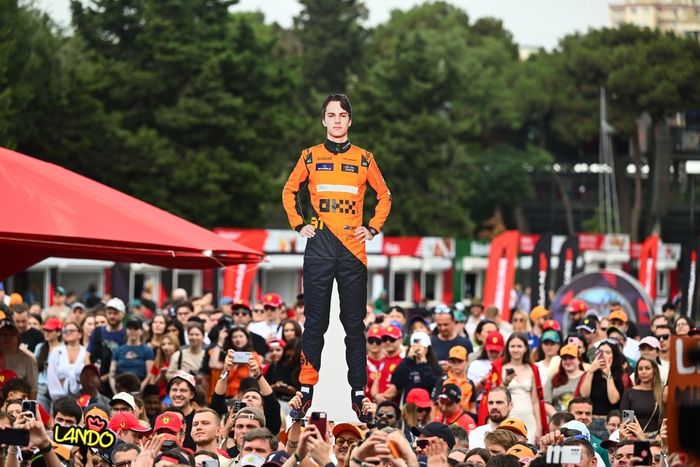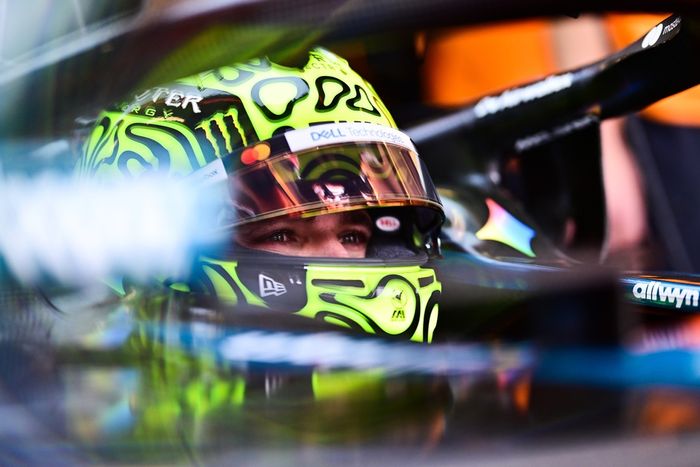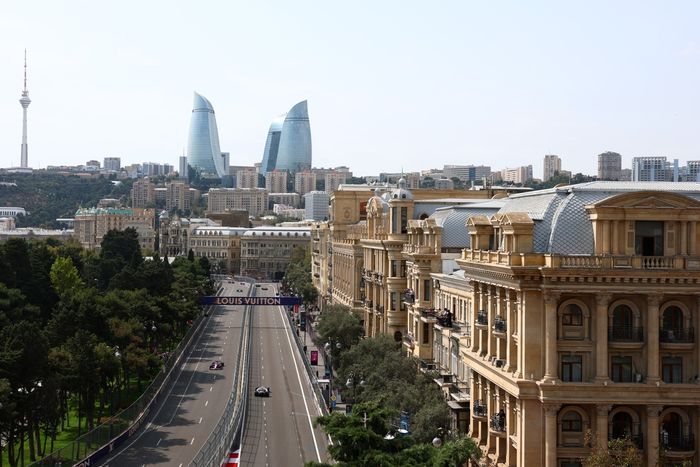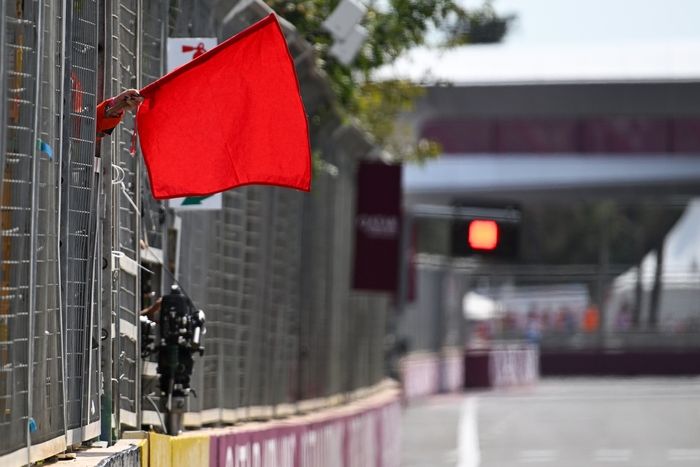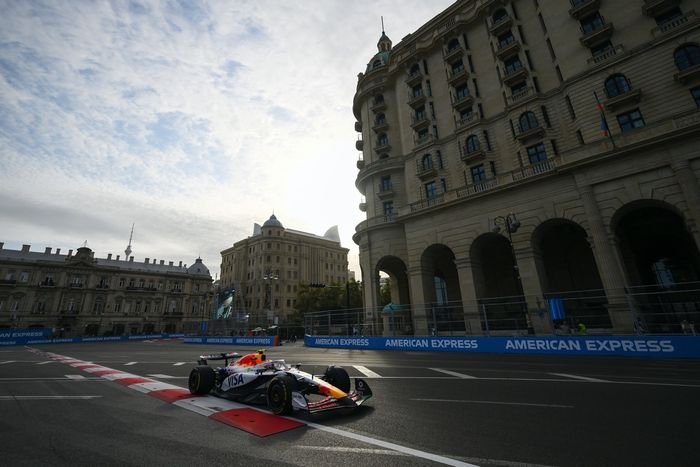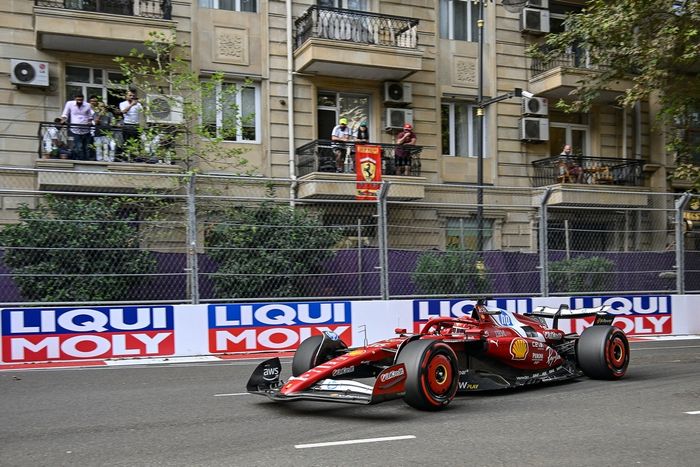You have to dig deep into the Formula 1 archives to find years when Lewis Hamilton won fewer than 10 grands prix. In 2013, his first year after switching from McLaren to Mercedes, he managed just a single victory. But even in 2021, the season when his championship streak came to a dramatic halt in the legendary Abu Dhabi finale, Hamilton still collected eight race wins.
Then came the new regulations for 2022. The ground effect cars and their notorious bouncing replaced the previous generation, and Hamilton’s win rate suddenly collapsed: zero wins in 2022, zero again in 2023, and just two in 2024 – his farewell year at Mercedes.
Hamilton is now 40 and has fended off calls that he’s past his prime from all angles – with ex-racer Ralf Schumacher recently pointing to a kind of “stubbornness of age” as one of the reasons behind the seven-time champion’s barren run.
Is Hamilton really over the hill and will the younger generation simply take over? Much like Novak Djokovic, who has lately been forced to concede that new kids on the block Jannik Sinner and Carlos Alcaraz are simply better in the world of tennis.
Yet Hamilton’s fans worldwide, Ferrari management, and probably the seven-time world champion himself still cling to a lifeline. Perhaps Hamilton hasn’t forgotten how to drive a Formula 1 car, perhaps he just doesn’t get along with today’s ground effect machines as well as he did with the previous generations?
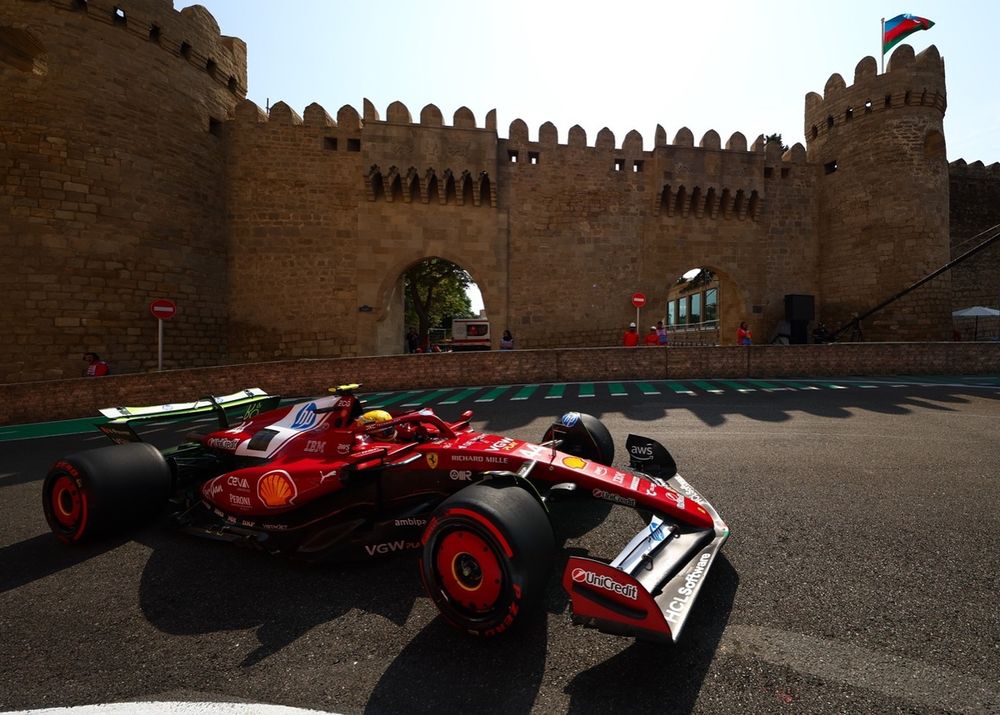
Lewis Hamilton, Ferrari
Photo by: Joe Portlock / LAT Images via Getty Images
At his traditional Thursday media session in Baku, Hamilton had little enlightening to say. Only one answer stood out. Asked whether he was glad to see the back of the current car generation, he didn’t hesitate: “Yes”. A single word that said it all.
For context: ground effect differs from the pre-2021 era in that today’s cars no longer generate most of their aerodynamic downforce through visible surfaces like wings or bodywork. Instead, since 2022, the focus has shifted below the car – to the floor.
It’s true that ground effect won’t disappear when the new regulations arrive in 2026. But the significance of the Venturi tunnels in the floor, which create the downforce, will be heavily reduced next year. Hamilton fans speculate that this change could play right into their star’s hands.
Until then, the priority is damage limitation in 2025. Apart from winning the F1 sprint in Shanghai, Hamilton has yet to score a victory since joining Ferrari this year – and few expect that to change in the remaining races. He currently sits sixth in the championship, 46 points behind teammate Charles Leclerc.
Nor does Hamilton believe Ferrari will have a better chance on street circuits like Baku or Singapore: “I don’t think there’s any track that we’ll be able to beat the McLarens or maybe the Red Bull. They’re just ahead. They’re ahead in Monaco, they’re ahead in every track. So, I don’t anticipate anything changing in any of those races.”
That’s also because Ferrari, like every other team, switched focus to 2026 months ago, leaving development for 2025 to suffer.
“You’re then just stuck with what you have for the year,” Hamilton sighed. “It makes this season less exciting because you’re not getting developments. So, we’re just going to see how the rest of the year with what you have. But then next year will be an exciting one because there’ll be lots of upgrades throughout.”
Additional reporting by Oleg Karpov.


